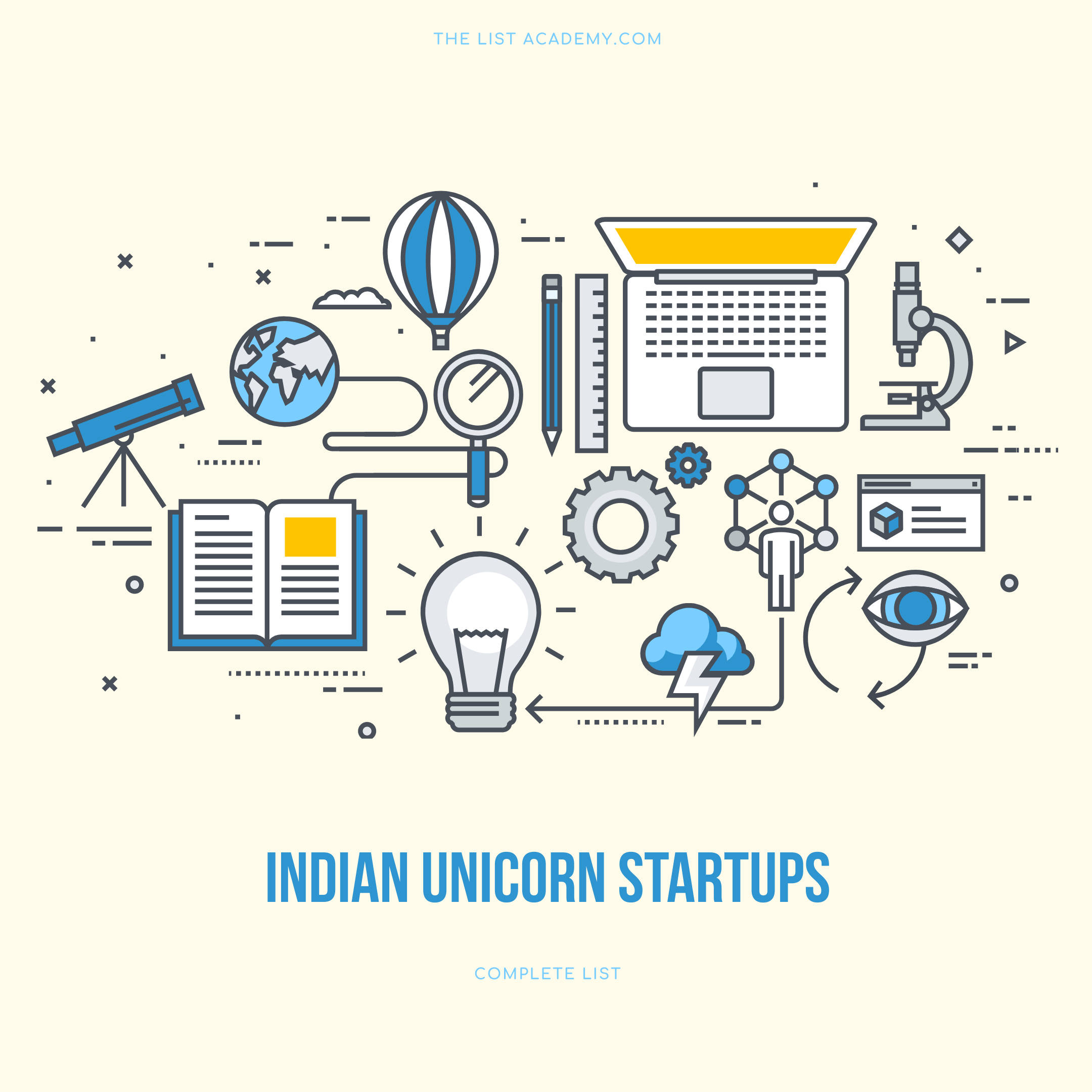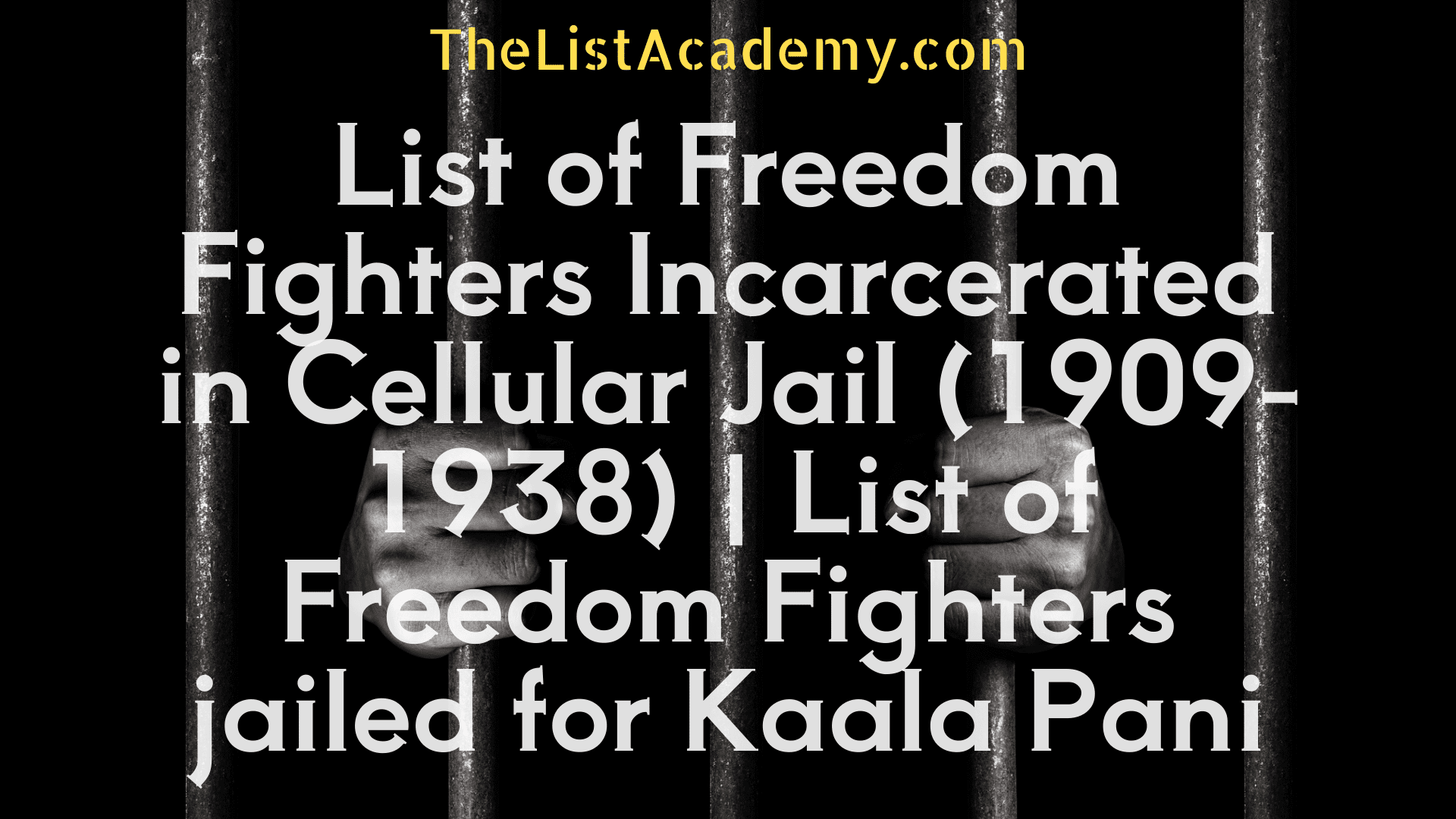Latest Lists

Top 32 Courier Services in India

114 Unicorn startups in India | Indian Unicorn Startups

75 Best Note Taking Apps | Note taking app list

69 Top Language Learning apps and sites.

Top 25 Tyre Brands In India

Top 42 Browser Extension to use AI like a Pro

Top 50 Indian Youtubers | List of Indian YouTubers

200 Best browser extensions for productivity

List of 1453 Minerals Available on Earth

25 Sites and apps to watch and stream torrents without downloading | Cloud torrent sites and alternatives to zbigz.

Top 80 Torrent Clients

